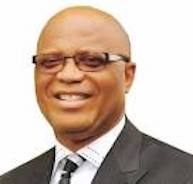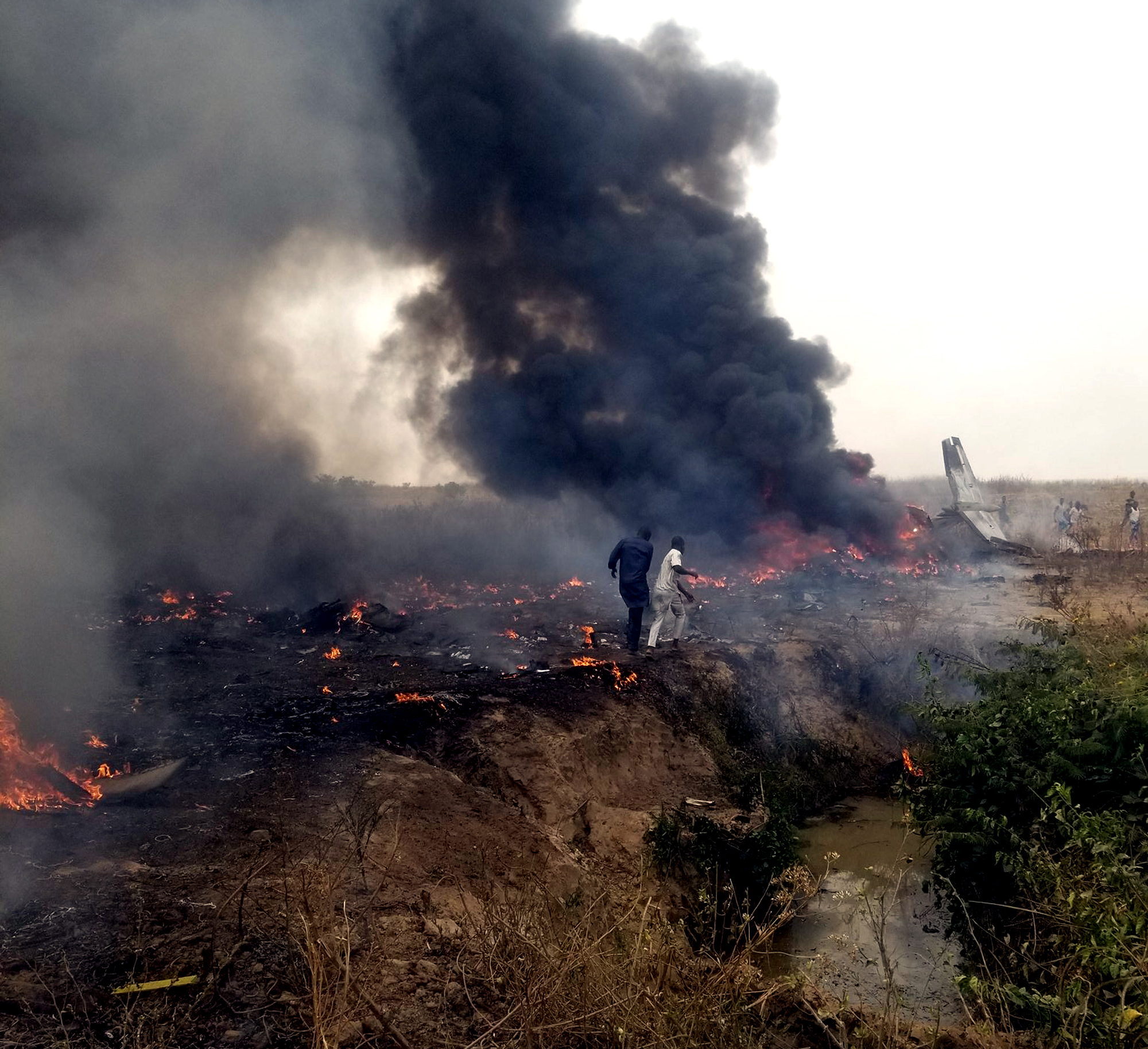Education
FG Restates Commitment to Girl-Child Education

The Minister of Women Affairs, Dame Pauline Tallen, says the ministry is working assiduously in sensitising stakeholders toward ensuring the provision of quality and affordable education to the girl-child.
Tallen disclosed this on Thursday at a one-day virtual/physical international colloquium at the Distance Learning Institute (DLI) of the University of Lagos(Unilag).
The theme of the colloquium is: Recalibrating Open Distance Education and E-Learning for Resilient and Inclusive Education.
According to her, part of the efforts is developing a national strategy document that will ensure zero child marriage in the country by the year 2030.
“Over the years, crisis and other factors apart from Coronavirus (COVID-19) pandemic have disrupted the education of the Nigerian child (girl-child).
“And these are indeed the future generation of this country.
“Fully aware of the dangers that this trend pose to national development, the ministry has also ensured that the Child Right Act 2003 was passed in 26 states and VAPP Act of 2015, passed in 19 states, among other strategies,” Tallen noted.
She acknowledged that the advent of COVID-19 had redefined the narrative and dynamics of learning processes globally, noting that e-learning had become inevitable.
Earlier, the Vice Chancellor of the university, Prof. Oluwatoyin Ogundipe, described the theme of the conference as timely and part of the institution’s modest effort in guaranteeing and improving seamless access to quality tertiary education.
“This, we do through a blended approach for the fulfilment of individual’s academic aspirations.
“Permit me to state here that the DLI in the University of Lagos, has been recording success stories in all its programmes.
“This institute has accorded countless individuals from all walks of life the opportunity and the right platform to pursue tertiary education to meet their peculiar needs.
“The Distance Learning Institute of the University of Lagos started as the Correspondence and Open Studies Unit (COSU) in 1973.
“It metamorphosed into the Correspondence and Open Studies Institute (COSIT) in 1983 and later in 1997, it became the Distance Learning Institute.
“Through the evolution of the institute, it has continued to grow and lead in the provision of Quality Open Distance and Life-Long Education opportunities for producing high level skilled manpower through a blended mode,” Ogundipe stated.
He added that in support of this pursuit, management of the institution had continue to pay close attention to the improvement of ICT facilities available at the institute.
He added that this had in turn yielding good results as evident in the hitch-free conduct of online examinations conducted at the institute over the years.
Prof. Uchenna Udeani, Director of the DLI, said the main objective of the colloquium was to bring together international and national Open Distance Education and E-Learning practioners to deliberate on the irreversible changes that have come to higher education through two major sources.
“These sources are global development and COVID-19 pandemic; and proper solutions for repositioning the Open Distance Education and E-learning for resilience and inclusiveness,” she said.
According to her, education at all levels has changed forever and the speed of change taking place today means educators must act quickly and boldly to keep up.
She added that by focusing on inclusivity, resilience and digital transformation, educational institutions could build competitive advantage.
The don noted that Open and Distance Education was one strategy that enabled economic, social, political and digital justice.
“This is in part, the essence of this colloquium,” Udeani stated. (NAN)
Education
How female Medicine Degree Holder Abandoned Certificate for Carpentry- Bugaje

The Executive Secretary, National Board for Technical Education (NBTE), Prof. Idris Bugaje has expressed the need to promote inclusivity, especially for women and persons with disabilities in technical education.
Bugaje stated this in Abuja while assessing the impact of President Bola Tinubu’s administration after two years in office.
He appealed for greater gender inclusivity in vocational and technical education, stressing that deliberate policies such as scholarships and incentives could help bridge the gender gap.
In support of his position, Bugaje shared an inspiring story of a female medical doctor who abandoned her medical career to pursue carpentry.
“There is a story I want to share with you, about a girl who was interested in becoming a carpenter.
“The father was a carpenter and they were four children in the family, three boys and herself.
“Whenever she joined the boys to the workshop, the father would send her away, saying, `you are a girl, go back to the house, you are not supposed to be a carpenter’’.
“Without giving considerations to the passion of the young girl, the father sent her to a medical school.
“She graduated with the MBBS, went and did the one-year internship after graduation, and chose a role as a medical doctor.
“After that, she came back to the father, returned the MBBS certificate to him, and thanked him.
“Afterward, she told the father that her passion is in carpentry, not to practice as medical doctor,” Bugaje narrated
He added that after spending seven years on medical training, the father had no option but to send her to Turkey to learn how to make furniture.
Addressing cultural and societal barriers often faced by young women in technical fields, Bugaje appealed to parents to support their daughters’ interests in trades like plumbing, electrical installation, and carpentry.
He also called on policymakers to prioritise passion and skill development among youth, especially girls, noting that such encouragement could lead to greater innovation and self-reliance.
“If they want to become carpenters, ICT experts, or POP artists, allow them.
“In skills’ training, passion is very important. That’s what motivates children and helps them innovate.
“We need to harness these innovations if the country is to move forward and rise beyond being a third-world nation,” he said.
He emphasized the need to have deliberate policies to encourage women to come into TVET through scholarships and other incentives. (NAN)
Education
WAEC Apologies for Conducting English Exam Late, Cites Leakage Prevention

The West African Examinations Council (WAEC) has apologized for delay in conducting English Language Paper 2 in the ongoing 2025 West African Senior School Certificate Examination (WASSCE).
The took place on Wednesday evening.
In a statement by Moyosola Adesina, Acting Head of Public Affairs Department of
WAEC, the council said that it encountered challenges.
”While maintaining the integrity and security of our examination, we faced considerable challenges primarily due to our major aim of preventing leakage of any paper.
“We recognise the importance of timely conduct of examinations and the impact of this decision on candidates, their schools and parents, and we sincerely apologise for any inconveniences caused,” WAEC stated.
It said that it successfully achieved its objective but it inadvertently impacted the timeliness and seamless conduct of the examination.
“In spite of our best efforts, we encountered logistical hurdles, security concerns and socio-cultural factors that negatively influenced our operations,” WAEC said.
The council re-affirmed its commitment to upholding the highest standard in examination conduct, and pledged to continue to promote academic excellence. (NAN)
Education
FG vows full WAEC CBT shift by 2026 – Minister

The Minister of Education, Dr Tunji Alausa, has reaffirmed the Federal Government’s commitment to fully transitioning to Computer-Based Test (CBT) examinations for the West African Examinations Council (WAEC) and other exam bodies by 2026.
Dr Alausa made this known while monitoring the conduct of WAEC’s CBT examinations in Abuja on Wednesday.
He expressed optimism about Nigeria’s capacity to modernise its examination system and reduce widespread malpractice through digital innovation.
Commending WAEC’s initiative, the minister described the shift from traditional pen-and-paper exams to CBT as a historic and crucial step toward fairness and educational integrity.
“We are working very hard to eliminate fraud in our exam system, and WAEC is taking the lead,” he said.
Highlighting the advantages of CBT, Alausa noted that the system simplified the exam process while significantly curbing cheating.
“We now have clear evidence that when exams are done using technology, the level of fraud is minimised to almost zero,” he stated.
He further lauded WAEC’s internal safeguards, explaining that the CBT system was operated via a secured Local Area Network (LAN), making it “literally impossible” to hack.
According to the minister, by Nov. 2025, all WAEC multiple-choice exams will be conducted using CBT.
He added that essay questions and NECO examinations would follow suit by 2026.
On infrastructure and logistics, particularly in remote areas, Alausa acknowledged the challenges but assured that scalable solutions are in progress.
“Are we going to be ready to provide every single needed infrastructure by November? Absolutely not.
“But as we move into the future, we will be ready. We have to challenge ourselves as government,” he said.
He also addressed concerns over the logistics of conducting multiple exams.
“In WAEC, the average student takes about eight to nine papers.
“They do it over several days. Those are the logistics we, as administrators, have to work through, and we already are,” he explained.
The ongoing WAEC exams, which began on April 24, are scheduled to conclude on June 20, 2025.
A total of 1,973,253 candidates from 23,554 schools are participating. Of this number, 979,228 candidates are male, accounting for 49.63 per cent, while 994,025 candidates are female, making up 50.37 per cent.(NAN)































